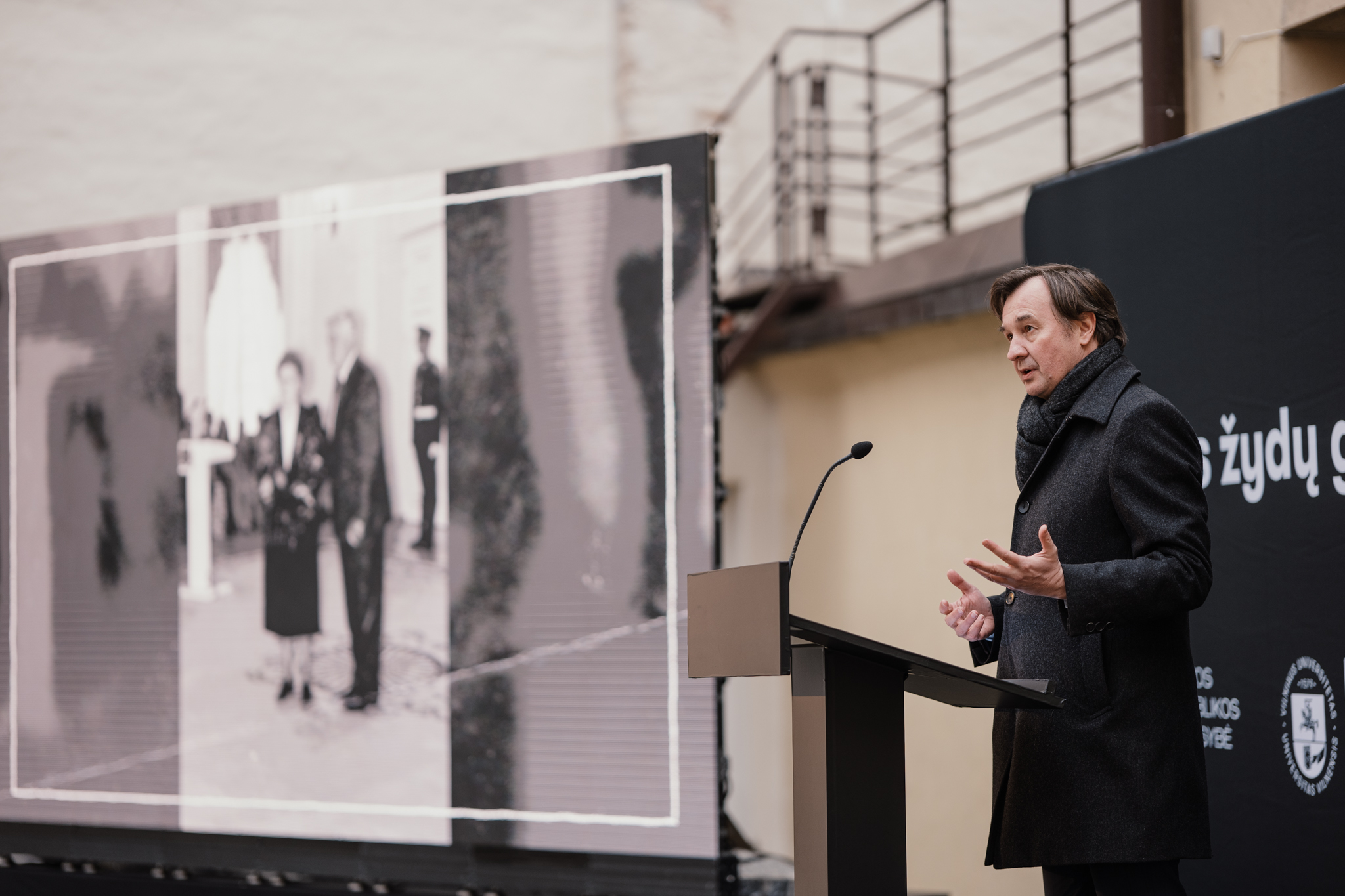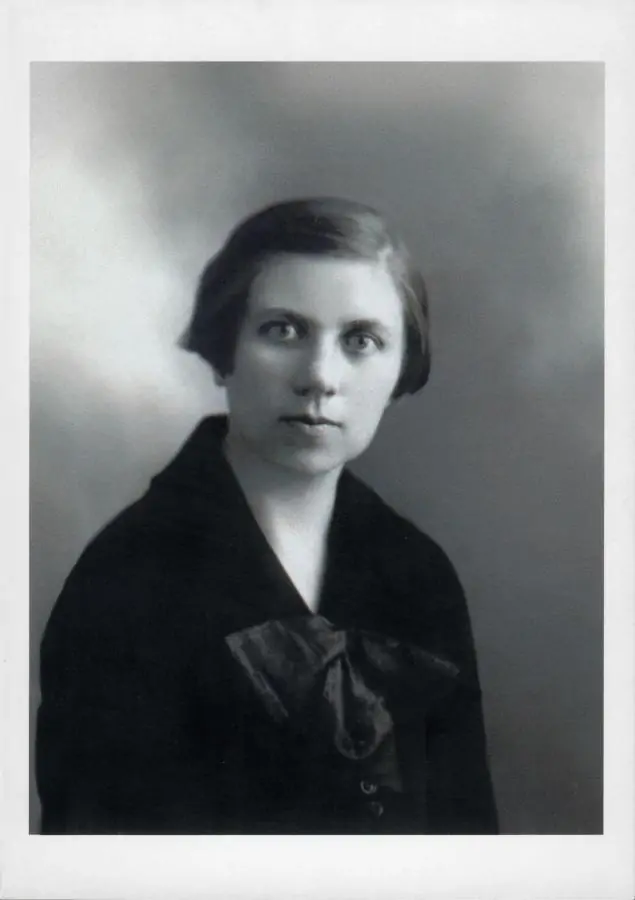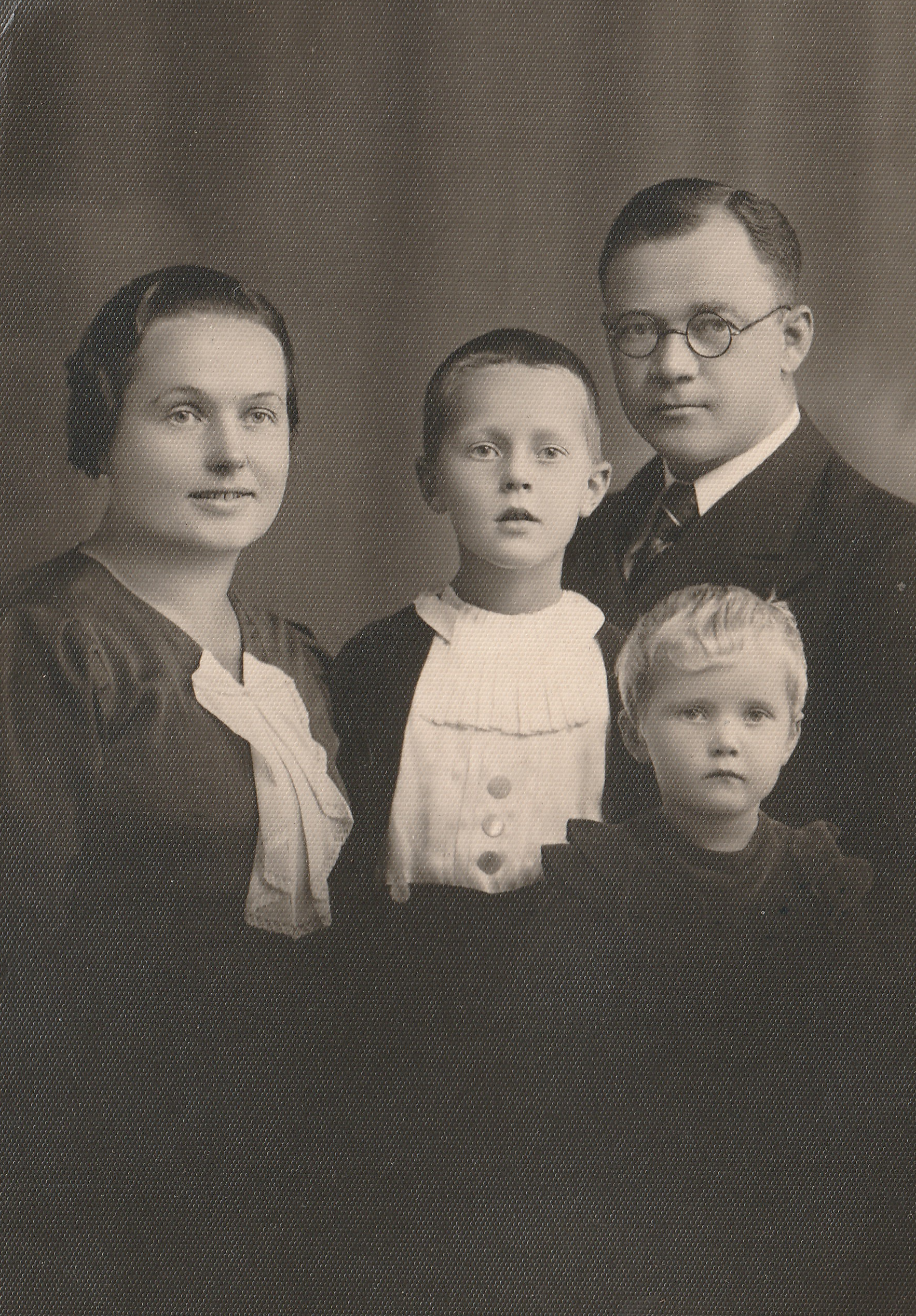Rescuers of the Lithuanian Jews: From the President to Common Rural Communities
 On 15 March, for the first time in Lithuania, the Day of the Rescuers of Lithuanian Jews was commemorated. During the University event, in the Simon Daukantas courtyard, the highest state leaders, politicians, representatives of Lithuanian Jews, ambassadors of Israel, the United States of America, and Germany, VU professors, employees, and students remembered and honoured the names of 1,785 people who saved Jewish lives.
On 15 March, for the first time in Lithuania, the Day of the Rescuers of Lithuanian Jews was commemorated. During the University event, in the Simon Daukantas courtyard, the highest state leaders, politicians, representatives of Lithuanian Jews, ambassadors of Israel, the United States of America, and Germany, VU professors, employees, and students remembered and honoured the names of 1,785 people who saved Jewish lives.
What people were the ones to lend a helping hand to Jews during the Second World War? A specific group of such people is difficult to identify. According to Jurgita Verbickienė, a Professor at the Faculty of History of Vilnius University, Jews were rescued by Lithuanians, Tatars, Belarusians, and Poles. The social situation of the rescuers was highly diverse: Jews were helped by a President, university professors, the families of famous musicians and cultural figures, businessmen, and common people from urban and rural areas. "One thing is clear - they were brave people, patriots of Lithuania, who took responsibility in a difficult situation," the historian paints the portrait of the rescuers from the perspective of their values.
Saving Jews was punishable by death
One of them was Ona Šimaitė, who rescued dozens of Jewish children from the ghetto, took them in temporarily herself, and later found permanent guardians for them. In her own words, she was motivated to help the Jews because she felt guilty and ashamed for having more freedom than the Jewish people at that time.
"The worst of times began when Hitler's ogres arrived. It was bad for everyone at the time, but for the Jews, I have to say, it was the worst. My fellow librarians were taken away and I could go and do whatever I wanted. And I felt so ashamed that I wasn't Jewish. It seemed to me that I was free and they were not. So I wanted to do something for them to the best of my ability," – these words of Šimaitė are recorded in an old interview.

According to Prof. Verbickienė, during the Second World War O. Šimaitė worked in the VU library and, with the approval of the VU administration, was allowed to go to the ghetto – allegedly to collect books that had not been returned to the library. "But she didn't even try to perform that official function. She brought food to the ghetto. Some records reveal that she tried to bring in weapons and ammunition, and she took out Jewish cultural treasures, which she hid in various places in the University," says Prof. Verbickienė, an expert on the history of Lithuanian Jews.
According to her, Šimaitė was arrested several times by the Gestapo. The last time she was reported by her neighbours for keeping a 10-year-old Jewish girl in her house, for which she was sentenced to death. This was the maximum punishment that the rescuers of the Jews faced. However, thanks to the efforts and donations of VU colleagues, her death sentence was commuted to imprisonment in the Dachau concentration camp.
Among the rescuers of the Jews was Lithuanian President Kazys Grinius, who also actively fought for moral values and Jewish lives. During the German occupation in 1942, together with his comrades, he submitted a memorandum to the occupation administration expressing concern about the German colonisation, repression of the population, and the massacre of Jews. His colleagues were repressed for this, and Grinius, of his advanced age, was exiled to his native village of Selemos Būda. Together with his wife Kristina, they had taken in their fellow Dmitrijus Gelpernas, Kaunas ghetto prisoner during the Nazi occupation of Germany. For saving the Jews, Grinius was awarded the Life Saving Cross of Lithuania and the title of Righteous Among the Nations, honored by Yad Vashem.
One man saved 70 Jewish children
Gabrielė Žaidytė, a representative of descendants of the rescuers of Lithuanian Jews, grew up with the stories and names of the people who were saved by her grandparents Antanas and Elena Starkai. She says that every story of Jewish rescue that has a happy ending embodies the triumph of idealism over evil and untruth.
 "One day the wife of a colleague with whom he was working at Kaunas University knocked on the door of my grandfather's apartment and brought in a Jewish student. A German officer had led her away from the pit where her mother and brother were shot. He told her to run. The student sought help from her professor, and his family brought her to my grandparents, who lived in an apartment block in Kaunas. The apartment right in front of their door accommodated a Gestapo officer. That student was Olga Gurvičiūtė, later on, joined by another younger girl. They both were sheltered at my grandparents' house for quite a long time and both of them survived, then one of them left for Israel and the other for the USA," Žaidytė recalls the happy-ending story.
"One day the wife of a colleague with whom he was working at Kaunas University knocked on the door of my grandfather's apartment and brought in a Jewish student. A German officer had led her away from the pit where her mother and brother were shot. He told her to run. The student sought help from her professor, and his family brought her to my grandparents, who lived in an apartment block in Kaunas. The apartment right in front of their door accommodated a Gestapo officer. That student was Olga Gurvičiūtė, later on, joined by another younger girl. They both were sheltered at my grandparents' house for quite a long time and both of them survived, then one of them left for Israel and the other for the USA," Žaidytė recalls the happy-ending story.
According to a representative of descendants of the rescuers of Lithuanian Jews, sometimes one Jew was rescued by dozens of people, and sometimes one person managed to rescue dozens of Jews from the jaws of death. "I know the heartwarming story of how the widow Anelė Tarapienė and her four children rescued twelve Jews in their home in the village of Berštų. I also remember the story of Stasys Sviderskis, how he - one man - took 70 Jewish children from the camp in Druskininkai and transported them by train across the Urals."
Famous names among those rescued
Although it is difficult to state the exact number of Jews who were saved, according to the historian, it is estimated that there were about 25,000 Jews in Lithuania at the end of the Second World War. This figure includes both Jews who were rescued and Jews who returned from evacuation (those who managed to leave Lithuania during the first days of the war).
"Among those rescued were people who later became the most prominent and respectable figures. Professor of literature Irena Veisaitė, poet Violeta Palčinskaitė, writer Icchok Meras, theatre scholar Markas Petuchauskas, translator and poet Alfonsas Bukontas - these are the famous rescued Jewish children. People saved not only the material heritage of the Jews but also their future - the children," says Prof. Verbickienė.